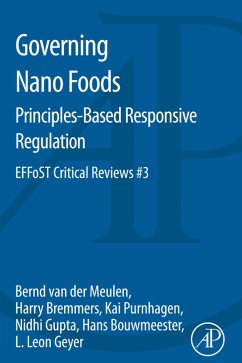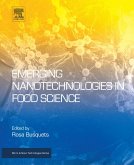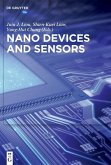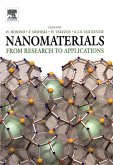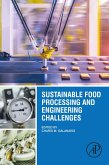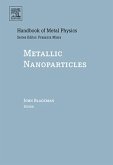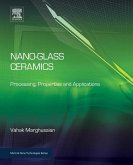Legislation on nanotechnologies is still evolving, as is understanding what data is needed for effective, efficient and appropriate risk assessment associated with nanotechnology impacted foods. Due to the emerging nature of nanotechnology and its role in the food supply, case-by-case studies are the current norm, but the need for wide-scale testing and broad-based regulatory standards is urgent.
This project is based on an EFFoST study designed to provide a comparative study of nanofood regulations in order to guide regulation development in this rapidly expanding market.
- Provides comparative study of nanofood regulations in order to guide regulation development in this rapidly expanding market
- Includes both case-by-case examples and more broad-based insights
- Provides models for regulation specifically for regulating nanotechnology as applied to food
Dieser Download kann aus rechtlichen Gründen nur mit Rechnungsadresse in A, B, BG, CY, CZ, D, DK, EW, E, FIN, F, GR, HR, H, IRL, I, LT, L, LR, M, NL, PL, P, R, S, SLO, SK ausgeliefert werden.

